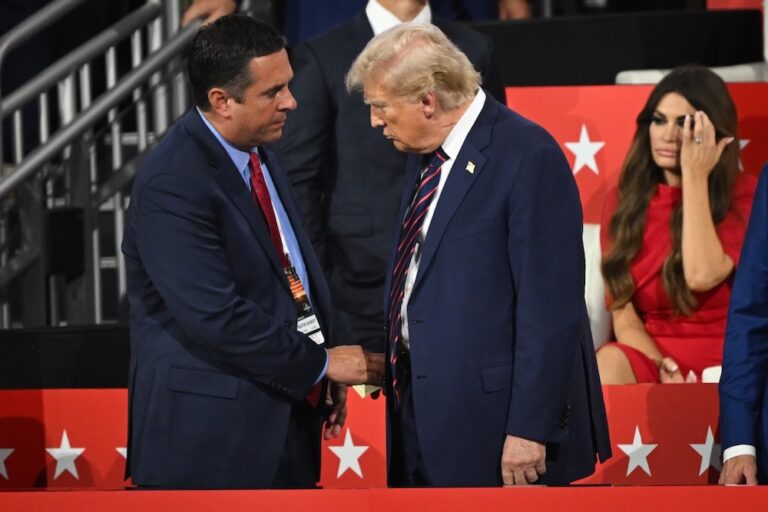PEN American Center is asking the Department of State and Justice Department to explain US involvement in disclosing the identity of a Chilean Twitter user who is now standing trial for tweets parodying the country's wealthiest businessman.
(PEN American Center/IFEX) – PEN American Center is asking the Department of State and Justice Department to explain U.S. involvement in disclosing the identity of a Chilean Twitter user who is now standing trial for tweets parodying the country’s wealthiest businessman.
Rodrigo Ferrari, a Chilean blogger and lawyer, is being prosecuted for identity theft for operating a Twitter account mimicking billionaire businessman Andronico Luksic. Though the account’s parodic intent was clear, Luksic’s attorney filed a complaint alleging “usurpation of identity,” and Chilean prosecutors, invoking a Mutual Legal Assistance Treaty, asked the U.S. State Department to press Twitter to turn over the identity the account holder. Mr. Ferrari could face between 61 and 541 days in jail if convicted.
In a letter to Secretary of State John Kerry and Attorney General Eric Holder, PEN expressed concern about the disclosure of user information, which reportedly occurred without a formal subpoena from the court hearing the case, and pointed out that Mutual Legal Assistance Treaties allow countries to refuse to such requests in cases where the prosecutions are meant to suppress freedom of expression. Noting that promoting Internet freedom has been a top policy priority of the Obama Administration, PEN warns that “complying with the request for user information that led to the identification and prosecution of Mr. Ferrari undermines the principles that the State Department has worked in so many ways to advance.”
PEN’s letter requests information clarifying the involvement of the State Department and Justice Department in the disclosure of Mr. Ferrari’s identity, as well as “information on how such requests are evaluated to ensure that information concerning digital media users is not divulged in cases with free expression implications.”


